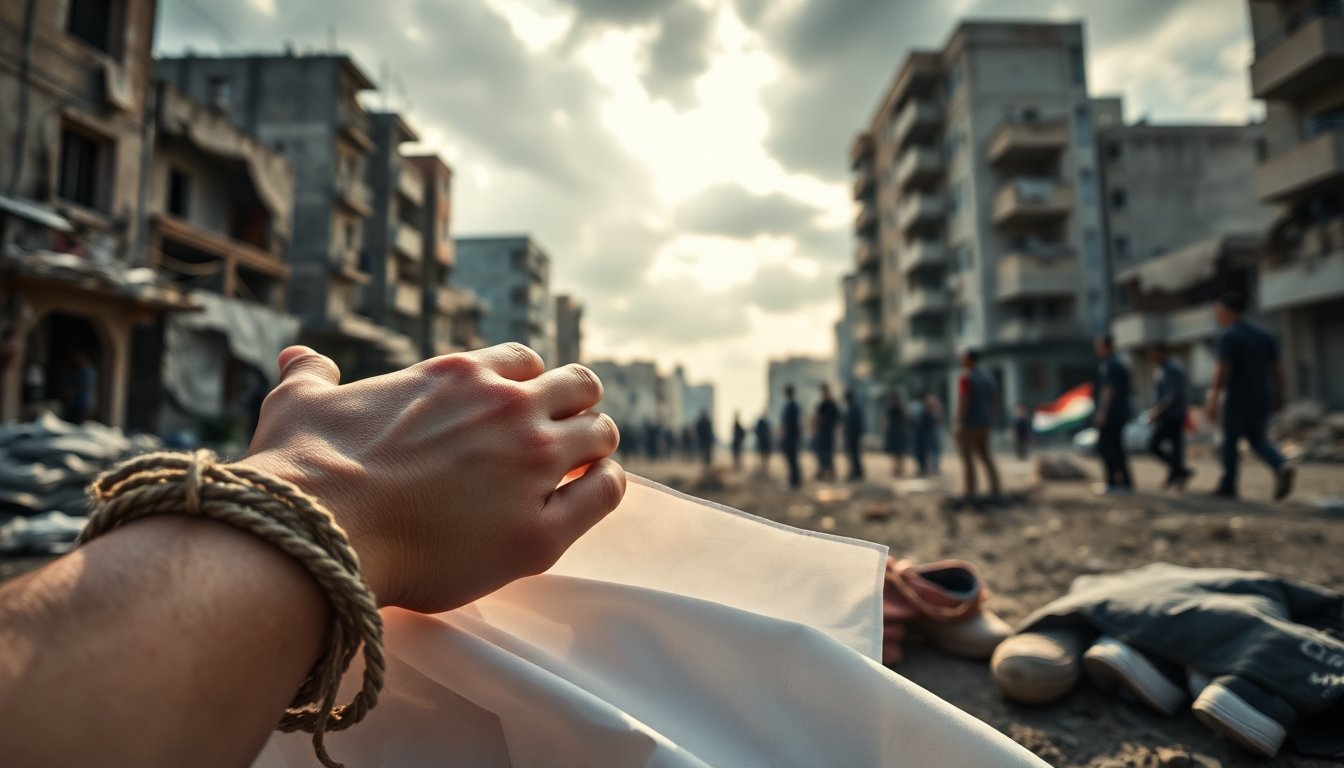Table of Contents
The recent hostage release from Gaza has drawn significant global attention, illuminating the plight of individuals entangled in the conflict. This incident not only underscores the human dimension of the crisis but also raises important geopolitical considerations. Understanding the identities of these hostages is essential for comprehending the full impact of their experiences.
Profiles of the freed hostages
The freed individuals come from diverse backgrounds, each with their own unique story. Many were ordinary civilians, including families and tourists, who found themselves in an extraordinary predicament. Among them is a tourist couple who had traveled to the region to explore its rich history and culture. Their vacation quickly transformed into a crisis when they were taken hostage, intensifying the fear and uncertainty that surrounds the area.
Families and children affected
The ongoing violence has severely impacted families, with reports indicating that some hostages are children. These young individuals, often the most vulnerable, have faced unimaginable fear and trauma. The accounts from these families highlight not only their distressing experiences but also their resilience and hope for a peaceful resolution. Many parents among the hostages expressed profound relief upon reuniting with their loved ones, underscoring the emotional toll of their absence.
The circumstances of their captivity
The motives behind the abductions are intricate, deeply linked to the ongoing conflict. Various factions may have targeted these individuals to gain political leverage or to instill fear. The uncertainty surrounding these motivations raises significant questions about the broader implications for international relations. Understanding these dynamics is essential for a comprehensive view of the hostage situation.
International responses and negotiations
The release of these hostages was the result of extensive negotiations involving multiple parties. Governments and international organizations played crucial roles, advocating for the safety and return of the captives. These diplomatic efforts highlight the complex web of alliances and tensions that characterize the region. They also emphasize the importance of dialogue and cooperation in addressing humanitarian crises.
The impact on the hostages and their families
Reintegration into society presents considerable challenges for the freed hostages. Many experience psychological trauma from their captivity, potentially leading to long-term mental health issues. Support systems play a vital role in assisting these individuals as they cope with the emotional aftermath of their ordeal. Families often need help not only with logistical matters but also in healing the unseen scars left by such traumatic experiences.
The return of the hostages has also ignited a broader conversation regarding the necessity for enhanced protections for civilians in conflict zones. The international community is called upon to prioritize humanitarian responses and devise strategies to prevent future abductions. Advocates stress that safeguarding innocent lives must remain a fundamental concern in any efforts to resolve conflicts.
Hostage release from Gaza highlights human cost of conflict
The recent release of hostages from Gaza underscores the profound human cost associated with ongoing conflicts. The individual stories of those who were freed not only illustrate their personal hardships but also shed light on the broader implications for peace and security in the region. This incident calls for a renewed commitment to protecting civilians and pursuing diplomatic solutions that prioritize human rights and dignity. The experiences of the freed hostages serve as a reminder of the urgent need for collective action towards a more peaceful future.


